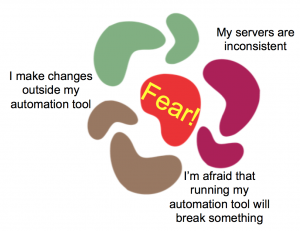The rise of APIs is a phrase that is sometimes used to describe a trend in the software industry whereby requirements are met by consuming external services programmatically via the internet. Traditionally, Independent Software Vendors (ISVs) developed and marketed their products as installable applications and charged per CPU or per the number of instances deployed. ISVs made money by selling software and customers were more or less forced to upgrade their on-premise installation every few years. A gradual shift from an installation model to a subscription model has been happening since the early years of world wide web, though mightiest vendors such as Microsoft and Oracle resisted that for some good reason.
By challenging the established delivery model, a new era of application vendors such as Salesforce was able to provide their services in a much faster and cheaper way. Small to medium sized customers who otherwise could not have afforded expensive on-premise installation and maintenance happily adopted the new Software as a Service (SaaS) model.
Application Programming Interfaces or APIs enable more fine grained, targeted and transparent consumption of services over the internet and can be seen as another major milestone in the evolution of SaaS. Nevertheless, until recently, the use of APIs was generally limited to developers who programmed components and services for a particular platform. Only during the last decade, businesses began to see APIs as a key enabler for innovations, ranging from internal process improvements to establishment of entirely new markets.
Microservices complement an API first architecture by forcing developers and architects to think about the service contract from the inception phase itself.
